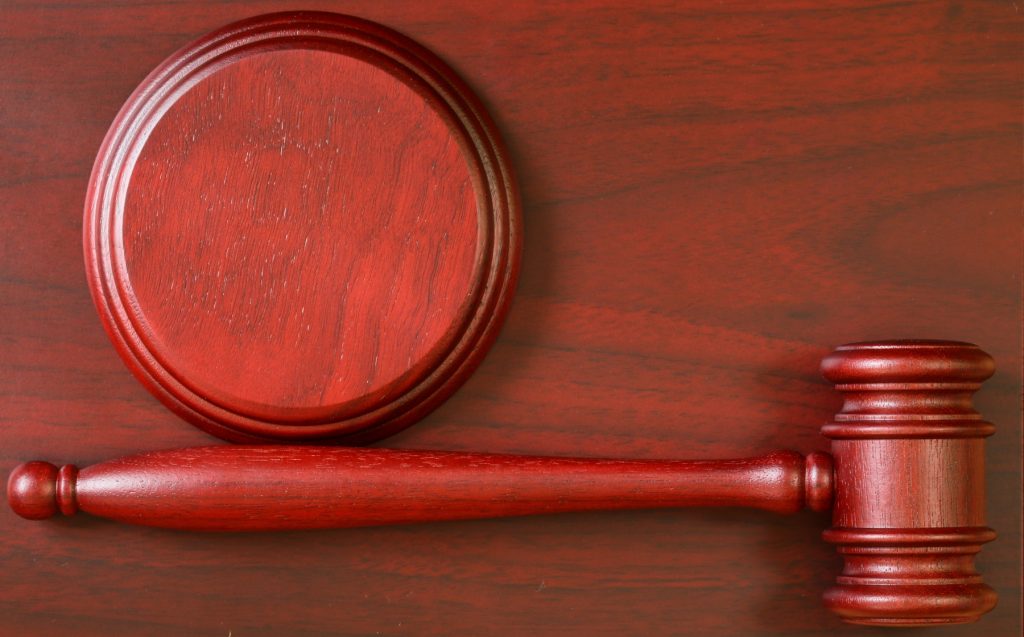There are several stages to the criminal law process, including investigations, warrants, arrests, indictments, bail hearings, criminal discoveries, preliminary hearings, sentencings, appeals, and more. But when it comes to criminal court, the first step following an arrest is an arraignment. Although the nature and procedures for arraignments vary among jurisdictions and type of crime, they all serve the same agenda. Continue reading to learn more about arraignments and what to expect at yours or your loved one’s upcoming hearing.

Criminal Defense Law Firm 317-636-7514
Arraignments
An arraignment is a fairly quick court hearing that is scheduled directly after a person’s arrest. When a person is arrested or a minor or non-violent crime, their bond amount is generally set at the time of arrest by the on-duty magistrate. This gives defendants the opportunity to post bond, get out of jail, and go on with their lives until they are notified by mail of their upcoming court hearing. This hearing is called an arraignment. For those arrested on more serious charges, and/or have several priors, they can be denied bail and must wait in jail until their scheduled bail hearing. Once their bail is decided on, the court hearings can begin, starting with the arraignment.
Their Purpose
Arraignments are fairly quick hearings that are generally over before a cup of coffee can go cold; however, they are one of the most crucial steps of the criminal law process for a defendant. Many things can take place at an arraignment, but the primary purpose is to notify the defendant of their rights in the criminal justice system, as well as the criminal charges against them, including the maximum penalties handed down upon a guilty verdict.
If a person has not been released from custody before their arraignment, it is common for their bail to be set at the same time since bail hearings are usually held around the same time as arraignments anyway. During an arraignment, it is also common for defendants to be given the opportunity to request public counsel; and if they qualify, the judge will approve it at the arraignment. Some jurisdictions will even request a defendant to enter an unofficial plea, even though it can be changed later on in the process.
Following an Arraignment
Once the arraignment takes place, the defendant receives a document as confirmation of initial hearing. This document proves that the defendant was read their rights and informed of their charges. From there, the rest of the criminal law process can take place. If a bail hearing has not already taken place, this could be the next step after arraignment. If bail has already been set, the next step is the criminal discovery process if it is permitted in their state. Otherwise, a preliminary hearing following by additional hearings, and then a sentencing trial is what generally comes next for a defendant.
Indianapolis Criminal Defense

David E. Lewis Attorney at Law 317-636-7514
